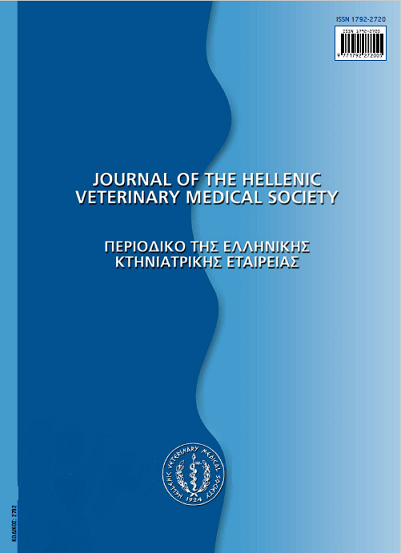Microbiological investigation of honey collected from Şırnak province of Turkey
Abstract
In this study, 50 randomly selected honey samples purchased from different retail markets in Şırnak, Turkey, were investigated for microbiological quality and probable public health risks. The honey samples were tested for the presence and enumeration of vegetative and spore forms of total mesophilic aerobic bacteria, total mesophilic anaerobic bacteria, sulfite reducing anaerobic bacteria, Clostridium botulinum, Clostridium perfringens and Bacillus cereus according to standard techniques. C. botulinum, C. perfringens and sulfite reducing anaerobic bacteria spores were not detected in the analyzed honey samples. The contamination rate of vegetative form of B. cereus, sulfite reducing anaerobic bacteria, total mesophilic aerobic bacteria and total mesophilic anaerobic bacteria were found to be 4%, 4%, 86% and 44%, respectively. The spore form of B. cereus, total mesophilic aerobic bacteria and total mesophilic anaerobic bacteria contamination rate were detected as 2%, 84% and 42%, respectively. It is concluded that, during the production, storage, and sales, honey samples may be contaminated with some microorganisms from different sources, causing important public health risks.
Article Details
- Zitationsvorschlag
-
ERKAN, M. E., VURAL, A., GURAN, H. S., & DURMUSOGLU, H. (2017). Microbiological investigation of honey collected from Şırnak province of Turkey. Journal of the Hellenic Veterinary Medical Society, 66(1), 22–26. https://doi.org/10.12681/jhvms.15579
- Ausgabe
- Bd. 66 Nr. 1 (2015)
- Rubrik
- Research Articles
Authors who publish with this journal agree to the following terms:
· Authors retain copyright and grant the journal right of first publication with the work simultaneously licensed under a Creative Commons Attribution Non-Commercial License that allows others to share the work with an acknowledgement of the work's authorship and initial publication in this journal.
· Authors are able to enter into separate, additional contractual arrangements for the non-exclusive distribution of the journal's published version of the work (e.g. post it to an institutional repository or publish it in a book), with an acknowledgement of its initial publication in this journal.
· Authors are permitted and encouraged to post their work online (preferably in institutional repositories or on their website) prior to and during the submission process, as it can lead to productive exchanges, as well as earlier and greater citation of published work.



